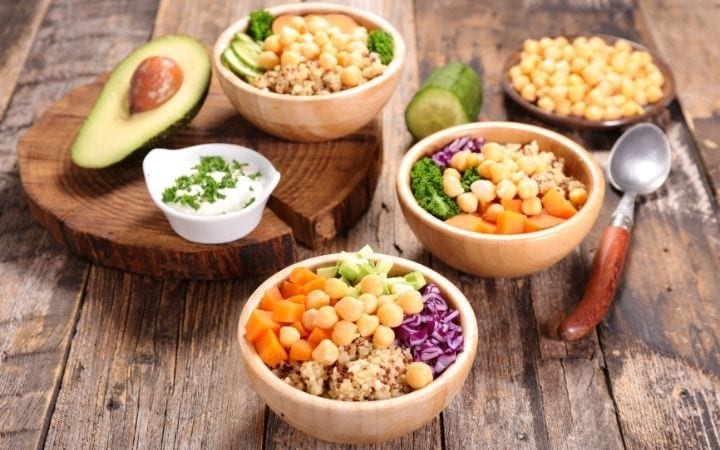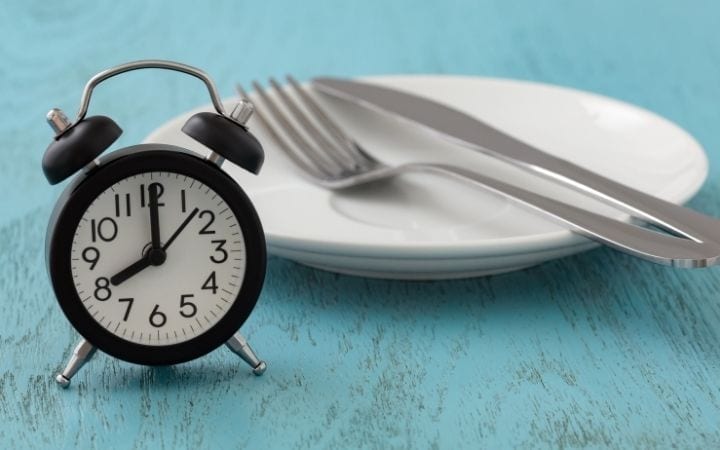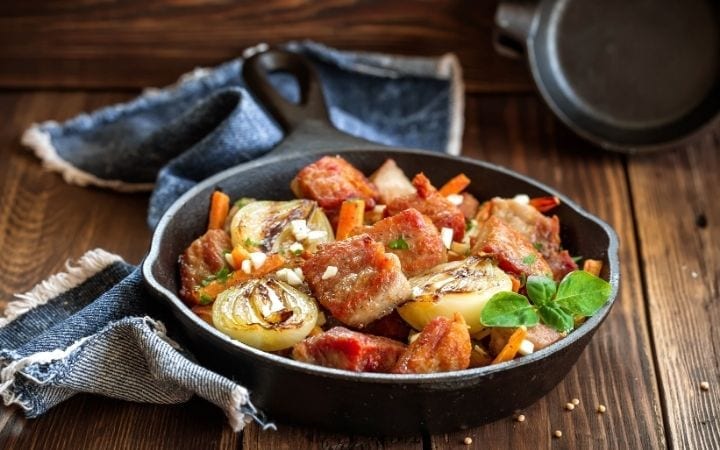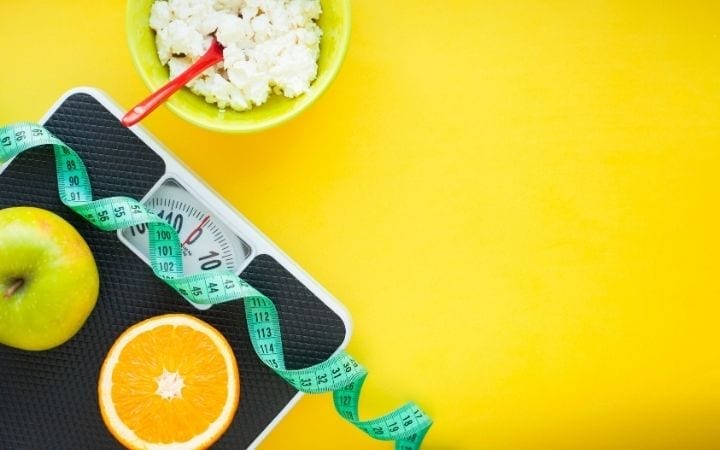Training BJJ is a way to boost your overall health and wellness. However, if your training isn’t supported by a good diet you may be undoing all the health benefits Jiu Jitsu can provide.
The idea of what a proper diet consists of has changed many times over the years. In the busy landscape of dieting, it can be difficult to pinpoint which one will support your overall health and enhance your performance on the mats. What seems like a tried and true diet may get knocked down by a medical journal or expert tomorrow, leaving you confused about which information and food to incorporate.
This article aims to keep it simple! Your body’s needs and your goals will help to determine the best BJJ diet for you.

Dieting for BJJ
Jiu Jitsu is a fun and rewarding sport. But, it requires discipline and sacrifice. For many BJJ players, blood, sweat, and tears are all things they’re willing to sacrifice to keep rolling. However, sacrificing your favorite post-training meal, or your midnight snacking habit can be a level of discipline many are unprepared for.
Most diets will fall into two major categories: “What to eat,” and “How to eat.” You will have to determine which style of diet fits your schedule, finances, and current health.
Physical therapist and BJJ purple belt, Zamir Ahadzada has worked with professional athletes, including Jiu Jitsu players, and shared some of his insights with us.
“The average BJJ players’ diet is going to look different compared to pro-BJJ competitors,” Zamir said.
According to Zamir, age is also a relevant factor in choosing a diet plan. He says that someone at age 14 compared to age 50 will have vastly different dietary needs due to hormonal and metabolic differences.
Whatever your age or Jiu Jitsu goals are, here are a few diet plans to consider.

Veganism
Although veganism has spent the majority of its time in the limelight being mocked, many athletes, including Jiu Jitsu players, are considering it a viable diet.
As a diet, veganism is more restrictive than vegetarianism, as it does not allow for the consumption of animal byproducts. For many, veganism is more than a diet, veering into philosophical and ethical territory.
Veganism, more so than other diets, will demand a complete overhaul of your style of consumption.
No matter the diet you choose, everyone needs the same important nutrients. Most of these, like protein, fatty acids, iron, vitamin B12, and vitamin D are relatively easy to get through meats and dairy. However, a vegan diet will require planning and diligence to ensure you receive sufficient quantities of these essential nutrients.
The cost (of time and money) associated with this dietary overhaul, is perhaps one of the biggest barriers for many people wanting to try veganism.
However, a vegan diet can benefit you on and off the mats, offering weight loss and lower cholesterol levels.

Intermittent fasting
When choosing a diet, especially as an athlete, it is important to establish routine. Intermittent fasting hinges on developing a routine for eating. In some ways, intermittent fasting is less restrictive in terms of what foods you eat, as it instead focuses on the when you eat.
According to John Hopkins Medicine, “intermittent fasting works by prolonging the period when your body has burned through the calories consumed during your last meal and begins burning fat.”
Intermittent fasting can have several additional health benefits, but having a routine eating schedule may pair well with an athlete who is already accustomed to a rigid BJJ schedule. A certain level of discipline is required to make sure you are not snacking outside of your feeding times. Fortunately, if you can beat the waiting game to break your fast, intermittent fasting is a great way to still eat the types of foods you want, while getting the benefits of weight loss and diabetes prevention.
The Gracie diet book
The Gracie diet
As a Jiu Jitsu player, you may feel a sense of obligation to at least consider the Gracie Diet. As far as its restrictions and tenets, the Gracie Diet is not particularly revolutionary. However, it does combine elements of fasting with the consumption of nutrient dense foods.
“The Gracie Diet is not a restrictive program in terms of what you can and can’t eat; its chief tenet is that you only combine certain food groups at one sitting. Three meals a day, four and a half hours apart with no snacks in between,” according to Muscle and Fitness.
These food groups are as follows:
Group A – vegetables, greens, meats, seafood, fats and oily foods
Group B – starches
Group C – sweet fruits and foods, fresh and creamy cheeses
Group D – acidic fruits
Group E – raw bananas
Group F – milk

While the Gracie Diet will likely promote good overall health and practices, the specific effects of the plan seem to be largely anecdotal, mostly attributing its success to the relative fitness of the Gracie family.
The Gracie Diet promotes many good foods and has relatively lax restrictions for a diet plan. Partaking in it could be a fun way to learn some Jiu Jitsu history and culture.
Considering the Gracie Diet is more lenient and shares elements of other diet plans, it is relatively accessible and might be a good starting point. However, if you plan on extending your diet to a lifestyle change, you may want to choose a plan with more scientific research.
Choosing the best BJJ diet for you
Implementing your personal Jiu Jitsu diet plan will be both a matter of preference and personal health. What may work wonders for someone else, may not work for you. It is important that you consult a doctor before making any drastic changes to your diet.
It’s also important to know what aspects of your Jiu Jitsu you’d like to target. Factors such as stamina, weight loss, and muscle building will likely have different requirements, so plan accordingly.
“There is no such thing as an ideal diet for a BJJ player. It all depends on the person, their age, their gender, their goals, and their ambition,” Zamir said.
Although there does not seem to be a BJJ specific diet, Zamir lists some general nutritional guidelines and their benefits for BJJ players which include:
- High Protein-Recovery
- Carbs/vitamins-Recovery and energy
- High fat foods-Long term energy storage
- Water-Hydration and minimizing fatigue

BJJ diets and weight cutting
While you may not consider cutting weight a type of diet, or a part of the average Jiu Jitsu player’s concerns, serious BJJ competitors must learn to cope with its drastic dietary constraints in order for it to be effective.
Weight cut food intake will not always fit the exact parameters of the aforementioned diets.
According to the National Center for Biotechnology Information, “self-reported data has shown that athletes utilise carbohydrate restriction more commonly than fat restriction; however, specifics of the diet were not investigated.”
In place of an industry standard weight cut diet, proper fluid intake management, which counts for food as much as it does water, should be a guiding principle.
Although a good diet focusing on weight loss leading up to your competition will help to set you up for success, the few days leading up to the weigh-in will encompass much of the hard work of the cut.
“In short time periods (<24 h), the majority of body mass reduction will likely come from body fluid manipulation. Indeed, 45–75% of the average human’s body mass consists of water and as such, manipulation of body fluid can result in rapid acute losses of body mass,” the NCBI reported.

Summary
Rarely is the concept of dieting thought of as a fun one. However, for Jiu Jitsu athletes, it is important to find a BJJ diet plan that benefits your health and your game.
While a BJJ player can still have relative success on the mat with a poor diet, they are limiting their potential stamina, missing out on weight loss opportunities, and even reducing their capacity to put on muscle!
Choosing a diet that works for you can be difficult with all the options and ever changing landscape of health information. Remember to choose a diet that fits your lifestyle, finances, schedule, and overall health.
We have only presented a few popular diet options, so be sure to research any others that may interest you. Remember to consult your doctor before any drastic changes to your diet.
Jeremy is brown belt and has a Bachelor’s degree in journalism, but he also enjoys creative writing. Originally from Connecticut, where he began his 11 years of Jiu Jitsu training.

